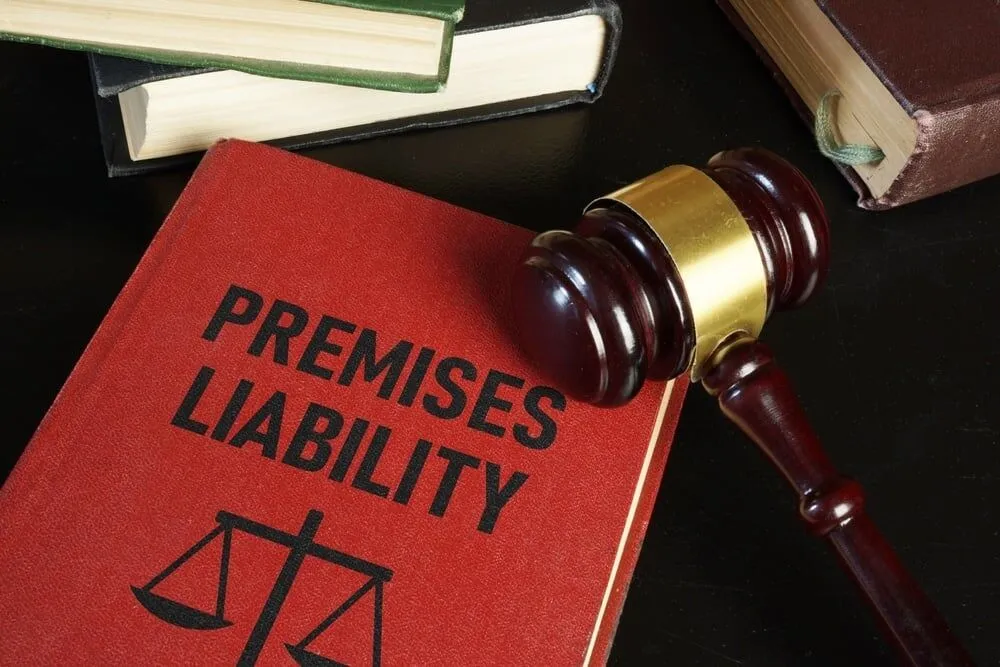Regarding significant life decisions, real estate transactions undoubtedly rank at the top of the list. Whether buying a new home, selling a property or navigating complicated real estate contracts, the choice often boils down to two paths: hiring a real estate attorney or going alone. Both options come with their own set of costs, benefits, and potential pitfalls. Let’s delve deep into these aspects to make an informed choice.
Why Would You Need A Real Estate Attorney?
To understand the costs involved, it’s essential first to clarify why one might require a real estate attorney.
- Legal Expertise: Navigating the legal labyrinth of real estate transactions can be daunting. Real estate attorneys can help ensure that contracts are sound, legal issues are addressed, and your rights are protected.
- Complex Transactions: Especially in multifaceted deals, like commercial real estate or properties with liens, the expertise of a real estate attorney becomes invaluable.
- Peace of Mind: Knowing a professional is overseeing the deal can alleviate stress and offer assurance that everything is being managed properly.
The Hidden Costs Of Going It Alone
At a first glance, avoiding attorney fees is a wise financial decision. However, without the assistance of a real estate attorney, you might encounter:
- Costly Mistakes: Overlooking a minor detail in a contract can result in significant financial losses or legal disputes. The fees you save now could pale compared to the costs of rectifying a mistake later.
- Time Investment: The time you’d spend understanding contracts, researching legal stipulations, and ensuring you’re getting all crucial detail is substantial. Your time, as they say, is money.
- Stress and Anxiety: The peace of mind lost by not having a professional by your side is worth considering. Stress has its costs, both tangible (health-related expenses) and intangible (lost opportunities because you’re preoccupied).
Breaking Down The Cost Of Hiring A Real Estate Attorney
When hiring a professional, costs are often a primary concern. Here’s a rough breakdown:
- Flat Fee vs. Hourly Rate: Some attorneys charge a flat fee for specific services, while others might charge by the hour. It’s crucial to understand this upfront to avoid unexpected expenses.
- Additional Costs: Some attorneys might charge extra for services like title searches or preparing additional documents. Always ask for a detailed breakdown.
- Expertise and Location: The cost can vary based on the attorney’s experience, reputation, and location. A seasoned real estate attorney in a metropolitan area might charge more than a newcomer in a smaller town.
- Comparative Value: Hiring an attorney might seem costly initially. However, it becomes a worthy investment when you factor in the potential losses from a botched transaction or legal dispute.
The Role Of Other Attorneys In Real Estate Transactions
Here’s where it gets a tad more intricate. Sometimes, during real estate transactions, you might need expertise that goes beyond the realm of real estate law. For instance, a business attorney might be crucial to address specific corporate concerns if you’re buying property for your business. On the other hand, if the property has implications for your wealth distribution, an estate planning attorney might be needed to ensure your assets are effectively managed and passed on.
By understanding the roles of different attorneys, you can ensure that every aspect of your transaction is legally sound and that you’re making the best decisions for your immediate and long-term goals.
Making The Right Decision
While it’s tempting to handle real estate transactions on your own, especially with the plethora of online resources available, weighing the benefits against the potential risks and costs is essential. Here’s a quick recap to guide your decision:
Hiring a Real Estate Attorney
- Pros: Expertise, peace of mind, handling of complex transactions, avoidance of legal pitfalls.
- Cons: Upfront fees, potential for additional charges.
Going it Alone
- Pros: No attorney fees and a sense of control over the transaction.
- Cons: Risk of costly mistakes, time investment, potential stress, and anxiety.
Conclusion
Real estate transactions are a significant commitment, both financially and emotionally. Making informed decisions can save you from pitfalls and ensure the process runs smoothly. Whether you decide to hire a real estate attorney or venture independently, understanding the associated costs and benefits will put you in the best position to protect your interests. Remember, it’s not just about the immediate expenses but the long-term value and peace of mind. Choose wisely!






